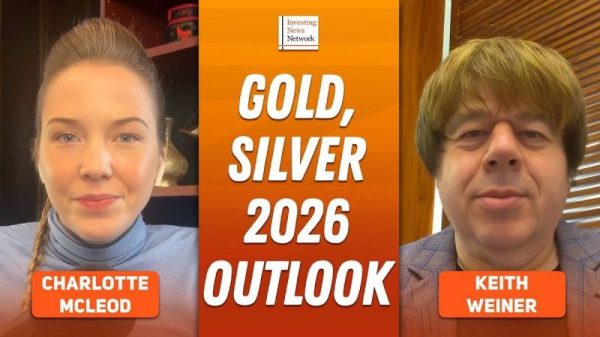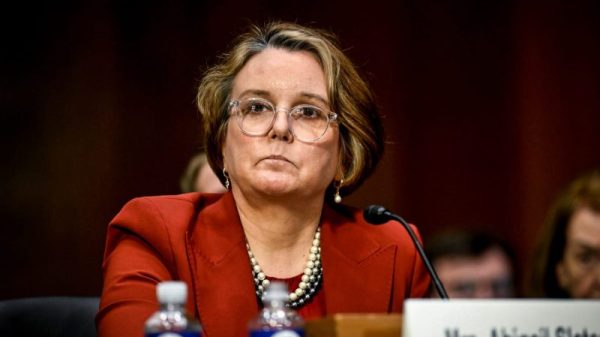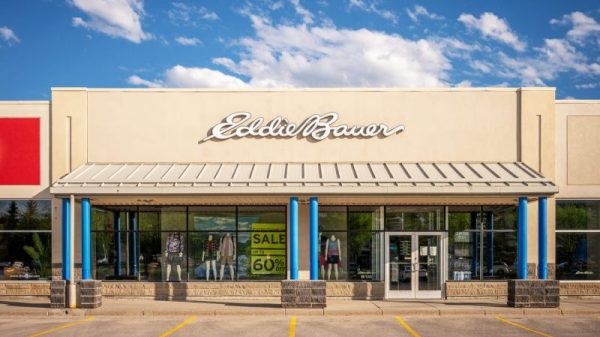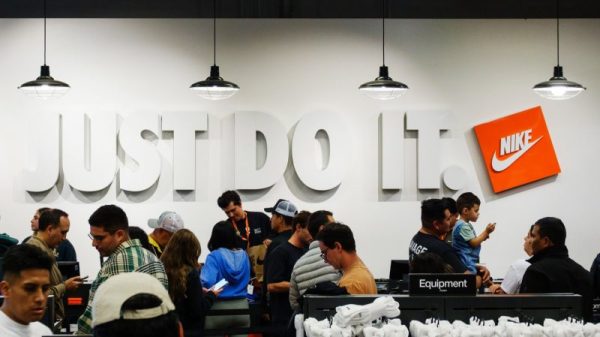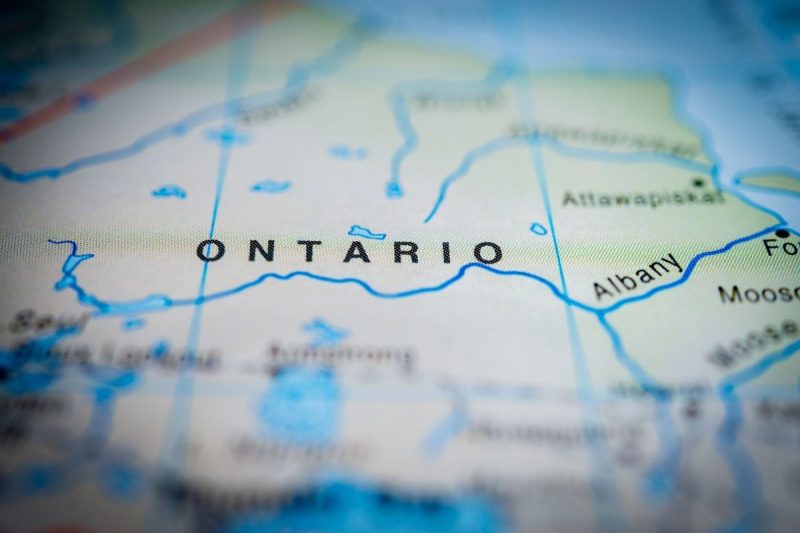Privately owned critical materials company Wyloo announced on May 29 that it has secured a parcel of land in Sudbury, Ontario, to construct Canada’s first downstream battery materials processing facility.
The project is geared at bridging a gap in the conversion of raw materials to battery-grade chemicals for Canada’s electric vehicle (EV) supply chain, while also reducing the country’s reliance on imports.
Construction is anticipated to align with the development of Wyloo’s Eagle’s Nest mine in Northern Ontario’s Ring of Fire region, with mine construction expected to commence in 2027 and the facility to follow thereafter.
Wyloo’s facility will process nickel sourced primarily from Eagle’s Nest. It will also process third-party nickel-bearing feed and recycled battery materials, aiming to meet half of the nickel demand generated by Canada’s burgeoning EV industry.
Wyloo CEO Kristan Straub emphasized the strategic importance of this facility in a company press release.
“The urgency to bolster North America’s capacity for processing metals — particularly nickel — has never been more apparent. Our Sudbury facility will provide a critical link in the supply chain, producing low-carbon nickel sulphate and nickel-dominant precursor cathode active material (pCAM), essential components for EV batteries,” he said.
Canada building EV supply chain momentum
Wyloo’s announcement marks another development in Canada’s growing EV supply chain momentum.
In April, Honda Motor (NYSE:HMC) announced a C$15 billion investment to establish an EV value chain in Ontario.
The company wants to construct an innovative and environmentally responsible EV plant and standalone EV battery plant that will feature a cathode active material and pCAM processing plant.
The project is expected to commence production in 2028, with an annual capacity of 240,000 vehicles. The accompanying EV battery plant will have a production capacity of 36 gigawatt hours per year.
Honda’s investment aligns with Canada’s strategy to become a global leader in EV production. According to Wyloo’s Straub, the nation’s government has committed over C$40 billion to develop a complete EV supply chain, emphasizing local production and reducing reliance on foreign imports.
In addition to its Canadian venture, Wyloo is advancing plans for an integrated battery materials facility in Kwinana, Western Australia. This project, which was announced in April 2023 and is a partnership with IGO (ASX:IGO,OTC Pink:IPDGF), aims to integrate a downstream nickel refinery with a plant producing high-value pCAM.
According to the companies, the Kwinana facility will capitalize on Western Australia’s substantial nickel reserves and existing lithium hydroxide production infrastructure.
Securities Disclosure: I, Giann Liguid, hold no direct investment interest in any company mentioned in this article.










